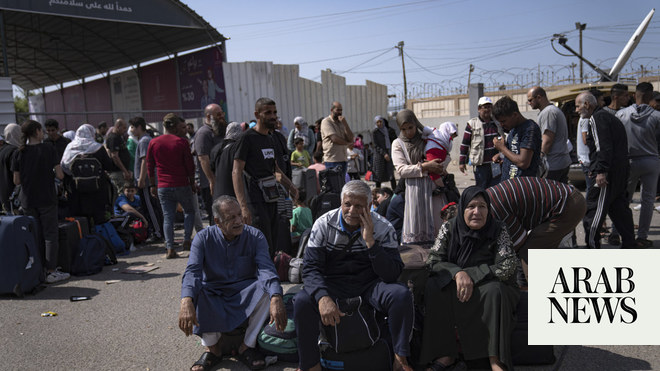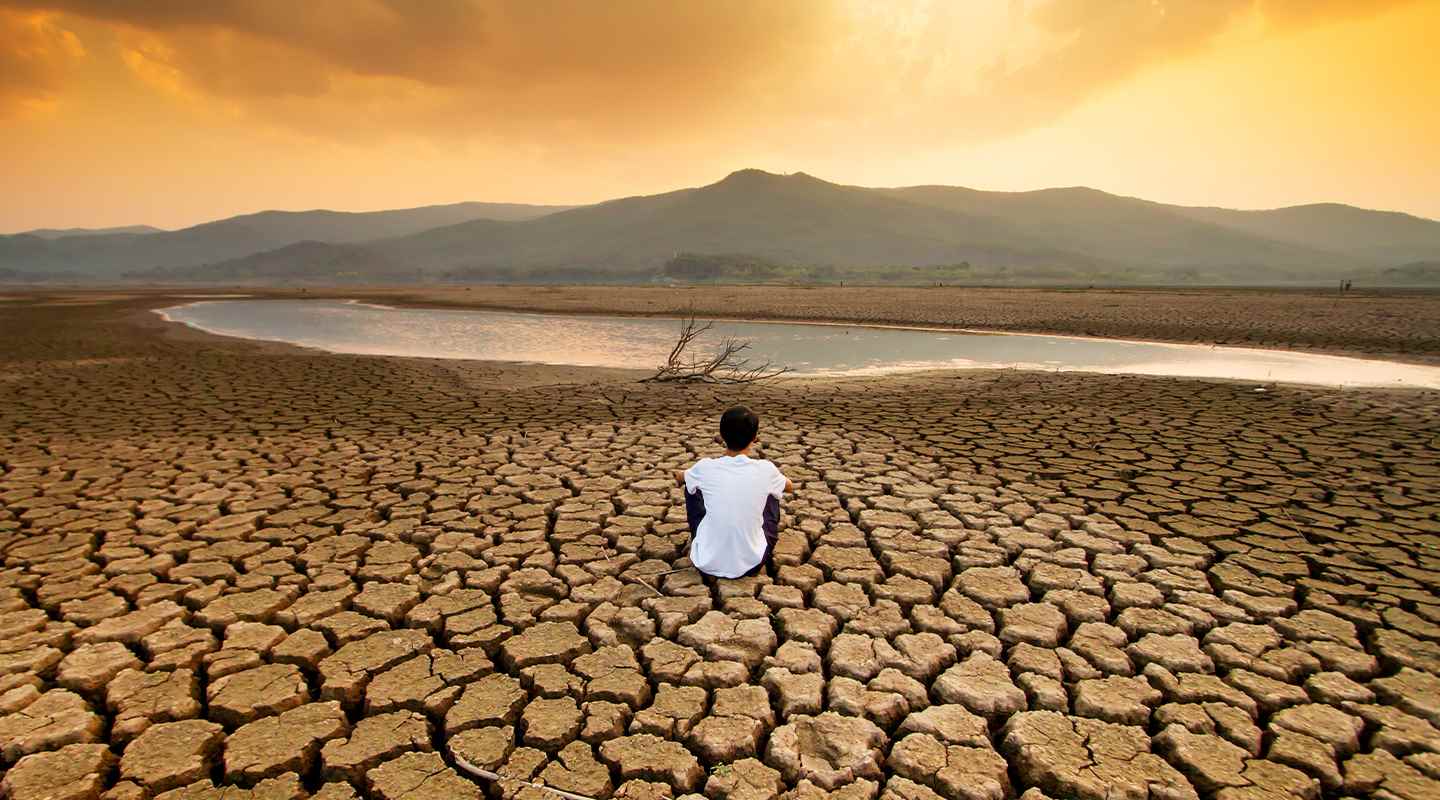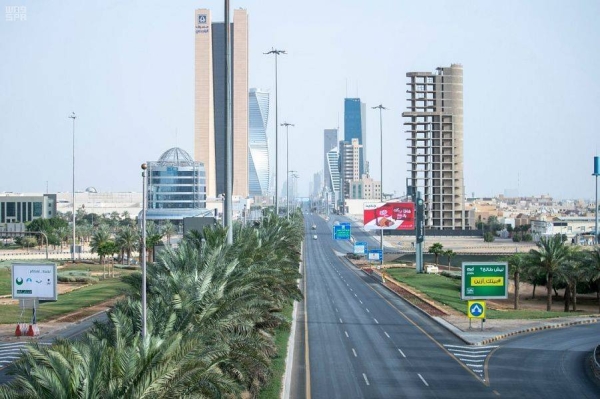
There is an undeclared rift in Palestinian-Arab relations and it needs to be healed. The disconnect is the result of several events and developments mainly in the past 50 years, the cumulative effect of which has caused this divide. Palestinian and Arab activists operate in different bubbles, where information is compartmentalized and perceptions follow distinct paradigms to such an extent that they no longer understand each other.
Two different modes — one of resistance, the other of revolution — can best explain the rift between Palestinian and other Arab activists. The result is two mindsets that speak distinct languages and follow contradictory narratives with separate references, values and priorities. This also translates into different alliances, leaving them in opposite camps.
Palestinian activists are in resistance mode following the pattern of national liberation and anticolonial movements. Their allies tend to be mainly anti-Western and anti-imperialist activists in the so-called Global South, as well as left-wing “progressives” in Europe and the US. Some American progressives automatically assume that their government’s policies can do no good and that anti-Americanism is, therefore, justified.
In the Middle East, many Palestinian activists perceive the axis of resistance led by Iran as being in the same camp. Hezbollah, Hamas and other militias in Iraq see themselves as part of that camp, too. That group had a big boost in popularity following events in May, when Israeli settlers took over Palestinian properties in Sheikh Jarrah, violence was used to prevent Palestinians from celebrating Ramadan in Jerusalem, Hamas led an attack on Israel, and Palestinians inside Israel rose in protest for the first time in support of Jerusalem and Gaza.
Syrian activists are in revolutionary mode, rising against a dictatorial regime protected by Russia and Iran, as well as the latter’s militias from Iraq and Afghanistan and, most prominently, Hezbollah in Lebanon. The Lebanese revolutionaries are protesting against what they perceive as a corrupt political class and an alliance between a mafia and militia, with the mafia born from Syria’s control of the country between 1990 and 2005 and protected by the militia, which invariably means Hezbollah.
There are echoes of this in Iraq, with movements such as Tishreen also protesting against a corrupt political class supported and protected by militias allied to Iran’s Islamic Revolutionary Guard Corps, which is also active in Yemen through the Houthis. They also see themselves under occupation by these militias, which have been accused of organizing political assassinations and destroying state institutions in order to consolidate their grip on society.
Revolutionaries against tyranny see themselves as fighting for freedom and democracy and expect support from the West, which they perceive as having the same aims and values. Even when the West lets them down and fails to support them, they see themselves as part of the camp that will eventually come around and help. The enemy is led by Russia and Iran, locally represented by the militias, and authoritarian regimes in a global alliance that includes Venezuela, North Korea and China.
For these reasons, the rift between Palestinians and other Arab activists falls on a global fault line, with opposing camps following different models, using different language and values and incompatible references. While there is Arab sympathy for the Palestinian cause and the Palestinians see themselves as part of the Arab world, there is little common ground and they struggle to understand each other, while feeling mutually betrayed.
There is a common generational element, with young people divorced from their leadership and seeking a different path from their parents’ generation. These paths, although led by a similar impulse, are, unfortunately, divergent and have widened the difference between the Palestinian and Arab activists.
The new generation of Palestinians has abandoned the institutions of the previous generation. This includes not only the Palestinian Liberation Organization and other groups, but also the idea of a negotiated two-state solution. Oslo, Madrid and all that is totally irrelevant to them; they seek global support through the Boycott, Divestment and Sanctions campaign, following the South African model. On that, they find more support with progressives in the West than among Arab revolutionaries. Arab attempts at resolving their cause, such as the 2002 Arab Peace Initiative or the Abraham Accords, by promising normalization with Israel, are seen as a betrayal.
Syrian and other revolutionaries have also divorced themselves from the priorities of former generations, which saw the Palestinian cause as central to their aspirations.
Political life was also suspended by emergency laws justified by the conflict with Israel. The conflict with Israel also legitimized regimes, but the paradigm shift of the Syrian revolution shook this off and it was seen as part of the regime’s narrative.
In the Arab spring protests, we saw no burning of US and Israeli flags, which was formerly associated with every mass protest of the so-called Arab street. The previous generations tolerated military and authoritarian regimes because liberation took precedence over liberty.
Diaspora politics is even more extreme and follows different dynamics in places such as the US, which is so far away that it leads to further differences. In the US, for example, Syrian activists cannot understand why progressives ignore their predicament.
Palestinian civilians have suffered the consequences of this rift and we have an interest in healing it and developing a common language and set of values, because the lack of these elements will only lead to further isolation and marginalization of the Palestinian cause. This is our soft underbelly, our Achilles’ heel, and it cannot be left to be exploited by Iranian militias in order to increase their power.
• Nadim Shehadi is the executive director of the LAU Headquarters and Academic Center in New York and an associate fellow of Chatham House in London.
Disclaimer: Views expressed by writers in this section are their own and do not necessarily reflect Arab News" point-of-view












